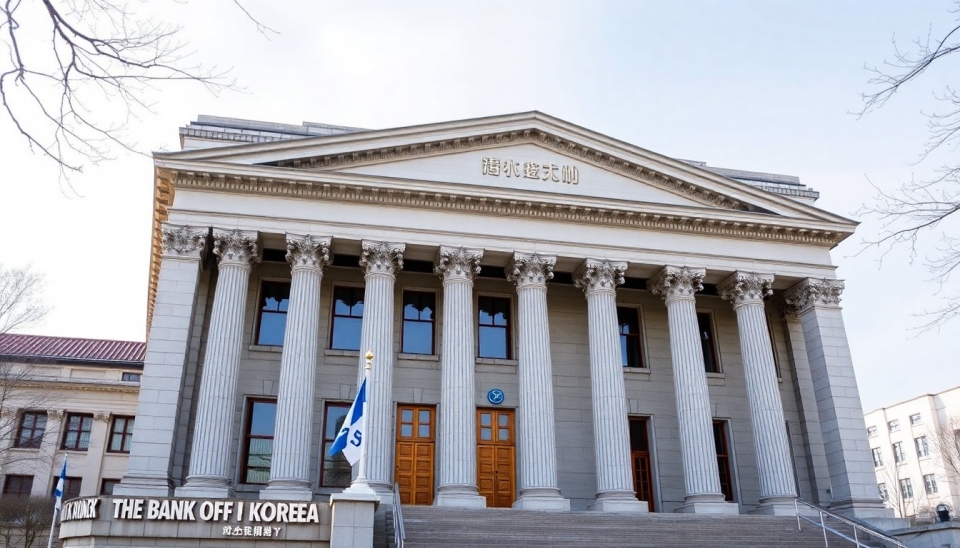
Bank of Korea Considering Overhaul of Forward Guidance Strategy
The Bank of Korea is currently contemplating a significant revision of its forward guidance strategy. This decision is driven by the need to adapt to changing economic conditions and to maintain the stability of the country's financial system. Amid global market uncertainties and domestic economic challenges, the central bank recognizes the importance of providing clearer direction to markets and the public regarding future policies.
Continue reading
South Korea's Inflation Slows, Supporting Case for Rate Cuts
Recent data has shown that inflation rates in South Korea continue to decline, which could support a potential cut in interest rates in the country. In August of this year, the annual inflation rate was recorded at just 1.3%, significantly lower than economists’ forecast of 1.5%. This marks the lowest figure observed since December 2020.
Continue reading
Bank of Korea Holds Policy Rate Steady to Rein In Housing Market
The Bank of Korea has decided to keep its benchmark interest rate unchanged at 3.50% during its latest meeting. This decision was motivated by the need to prevent further increases in property prices and to mitigate financial risks associated with high household debt levels. The regulator emphasized that the current economic environment requires a more cautious approach to monetary policy, especially in light of the ongoing rise in housing prices and inflationary threats.
Continue reading
Bank of Korea Expected to Extend Rate Hold Amid Property Concerns
The Bank of Korea (BOK) is expected to make a decision soon to maintain its current interest rate at 3.50% amidst growing concerns regarding the state of the property market. The country's economic growth is slowing down, and the new developments related to real estate are raising alarms among analysts and investors.
Continue reading
Household Debt Surge in South Korea Raises Concerns for the Bank of Korea
Recent data has revealed that household debt in South Korea continues to rise, generating apprehension for the country's central bank, which is already under pressure due to increasing interest rates. In recent months, the level of household debt has significantly increased, reaching record highs amidst soaring prices and instability in the real estate market.
Continue reading